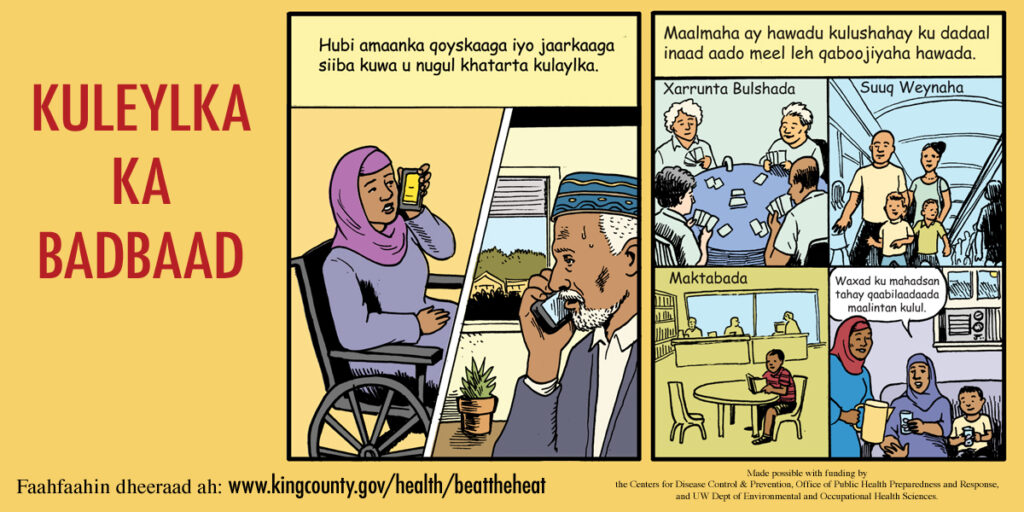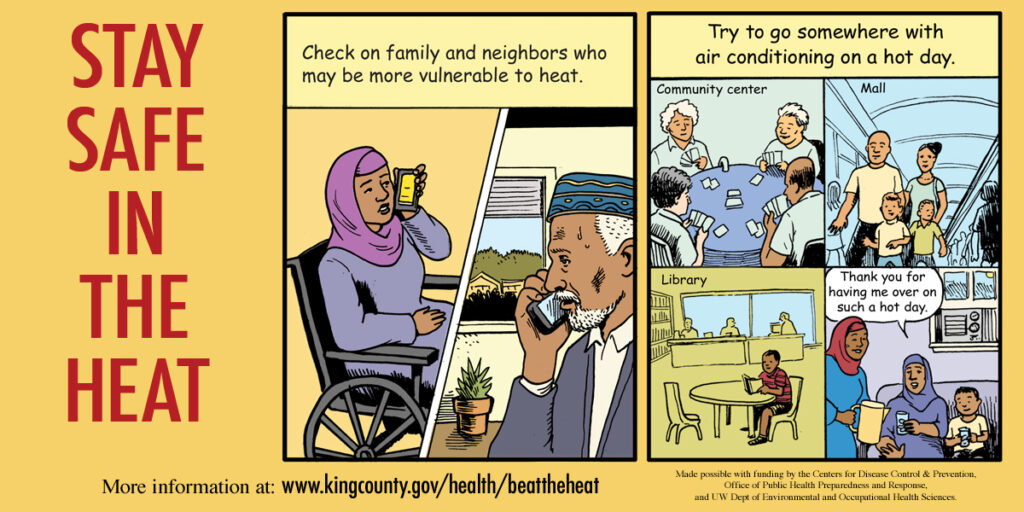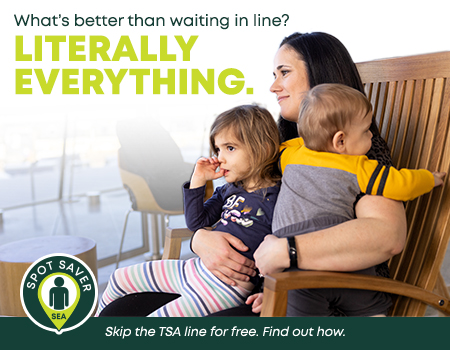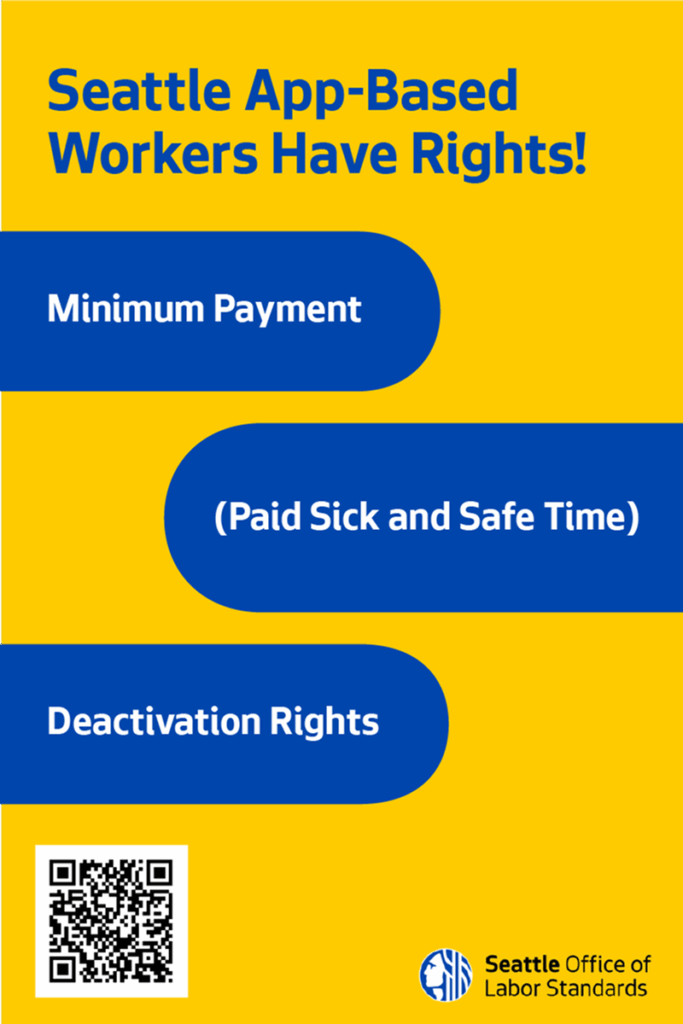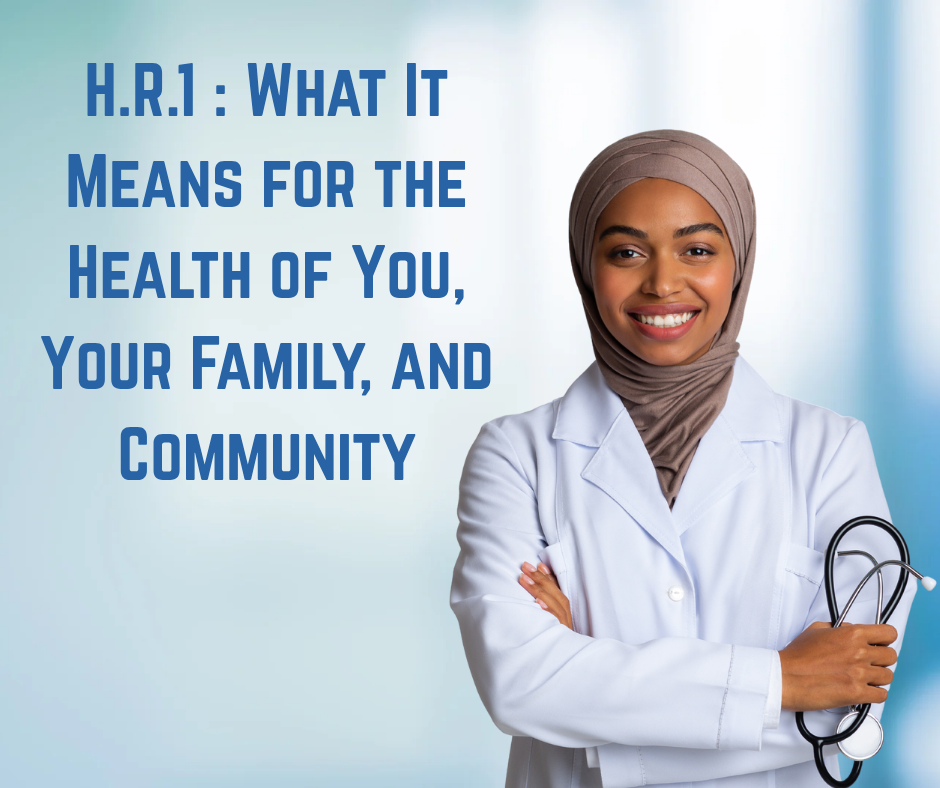
By Amanda Richer for Runta News
On July 30, 2025, Medicaid (Apple Health in Washington) turned 60 years old. Over 70 million people in the United States depend on this coverage for their healthcare. The benefits of this healthcare program go far beyond one individual but ripple out into the community and public health. It is a lifeline that allows us to get medicine for our parents, see a doctor when our children are sick, and take care of our own health so we can work and provide for our families. However, there are some very important changes that could affect the health and well-being of our immigrant families here in America.
You may have heard whispers or seen news about a law being discussed in the government called H.R.1, or the “Big, Beautiful Bill”. The language they use is complicated, but what this law could do to our community’s medical care is simple and serious. We must understand it clearly.
Last Friday, we attended a national briefing held by American Community Media featuring Dr. Ilan Shapiro Stragler. Chief Health Correspondent and Medical Affairs Officer at AltaMed Health Services, Cary Sanders, Senior Policy Director of California Pan-Ethnic Health Network, and Anthony Wright, Executive Director of Families USA. The healthcare advocates discussed the severe impacts of recent federal rollbacks, described as the largest in history. Dr. Ilan Shapiro described Medicaid as a “lifeline” and expressed deep concern over the “domino effect” of the cuts. He predicts that reduced access to primary care will lead to more ER visits, worsening complications from chronic diseases like diabetes, and the closure of community clinics that are often leading employers in rural areas. Anthony Wright of Families USA called the new bill “disastrous,” estimating that 15 to 17 million people could lose coverage due to bureaucratic hurdles and rising costs. Wright warned of significant cuts to hospitals, maternity wards, and nursing homes, which rely heavily on Medicaid funding.
Here is what this could mean, explained simply
H.R.1 cuts a lot of money from Medicaid. This means some of our family members or neighbors who have coverage now might lose it. The rules could become much stricter, leaving many of our people without any health insurance. We could also be forced to pay more money out of our own pockets, which is a burden many cannot afford.
We all know the clinics where they understand us. The ones with Somali translators, doctors who respect our privacy and our need for female providers, and staff who wish you well during Ramadan. These clinics are often “safety-net” centers that get government funding. This bill could reduce their funding, forcing them to cut services or even close. We would lose the few places where our culture and faith are understood and respected in healthcare.
The law might require people to do “community engagement” or work certain hours to keep their Medicaid. This could be very difficult for our elders, for those who are disabled, single mothers, for those of us working multiple low-wage jobs, or for anyone who struggles with English or transportation. These rules can become traps that cause people who need help to lose it. Many in our community live with conditions like high blood pressure, diabetes, and asthma. Regular doctor visits and medicine are essential. If access is reduced, these conditions will get worse. Preventative care, like screenings and checkups that stop sickness before it gets bad, will be harder to get.
Our community carries the heavy weight of our history—of war, loss, and the stress of starting over. The few mental health services that understand our unique experiences are already limited. These cuts would make it nearly impossible for our people to find the support they need, leaving them suffering in silence.
There is hope and strategies for moving forward! Cary Sanders of the California Pan-Ethnic Health Network noted that states like California have expanded coverage regardless of immigration status and that states have choices in how they implement the federal changes and can work to lessen the harm. Dr. Shapiro highlighted the campaign, White Coats for Change and added that healthcare providers must share patient stories to humanize the issue and that communities can build resilience through preventative care.
So, What Can We Do Right Now?
- Talk to each other. Share this information with your family and friends. Make sure everyone understands what is at stake.
- Ask questions. When you visit a community clinic or a Somali community center, ask them how H.R.1 could affect your services or employment.
- Stay informed. Pay attention to news from trusted community leaders and organizations that work to protect immigrants and our health.
Let us face this challenge together by being informed and supporting one another.



